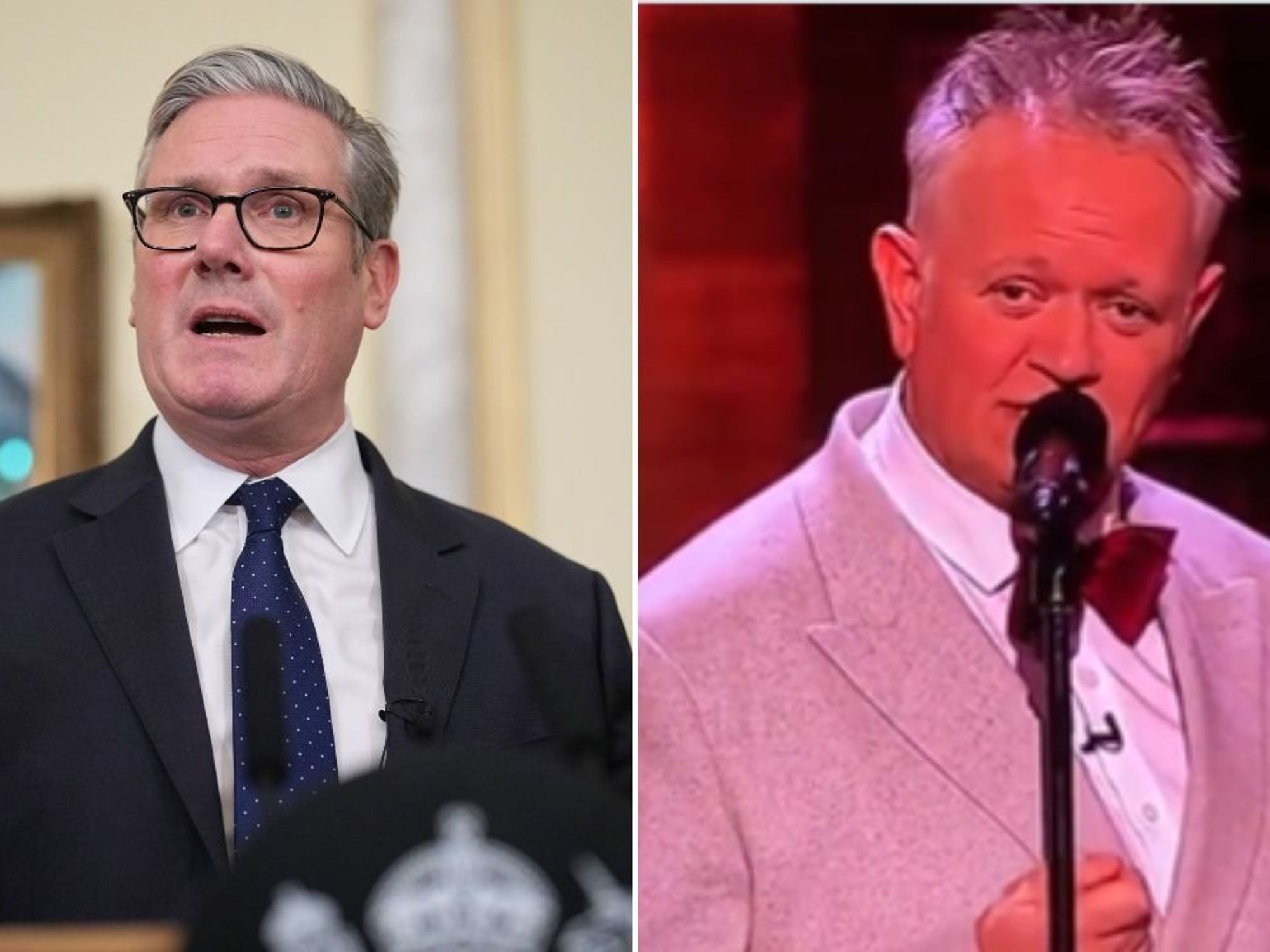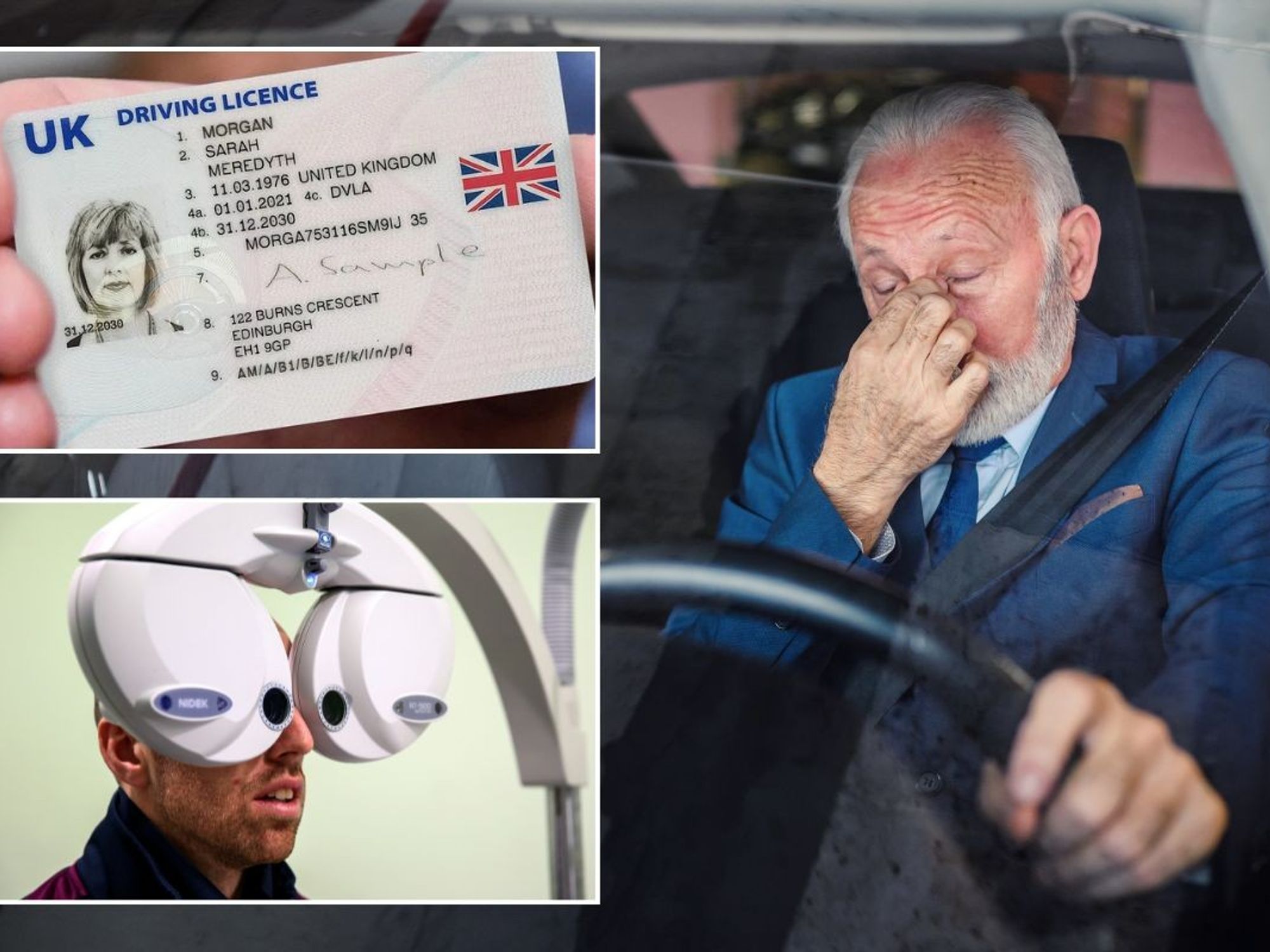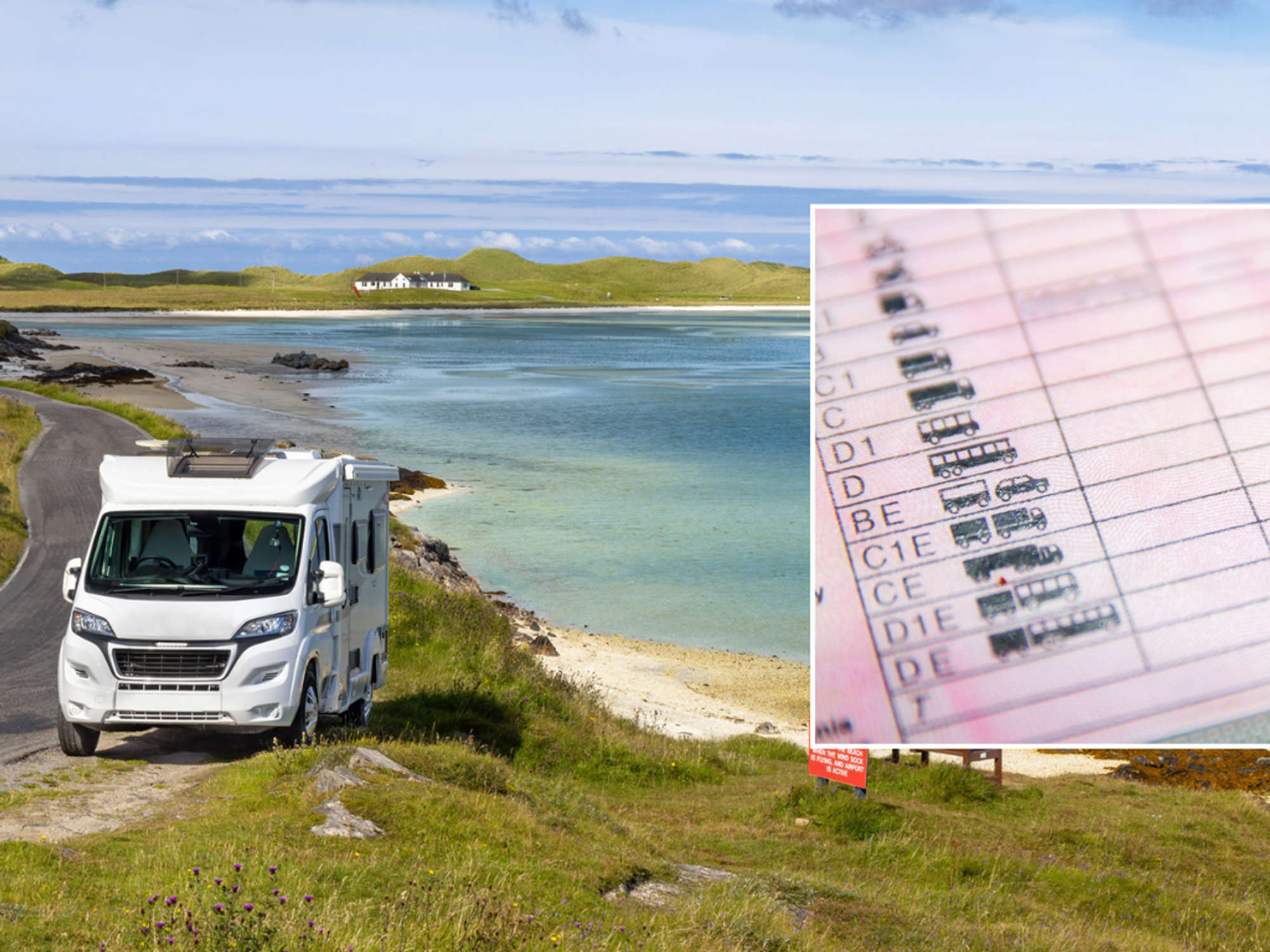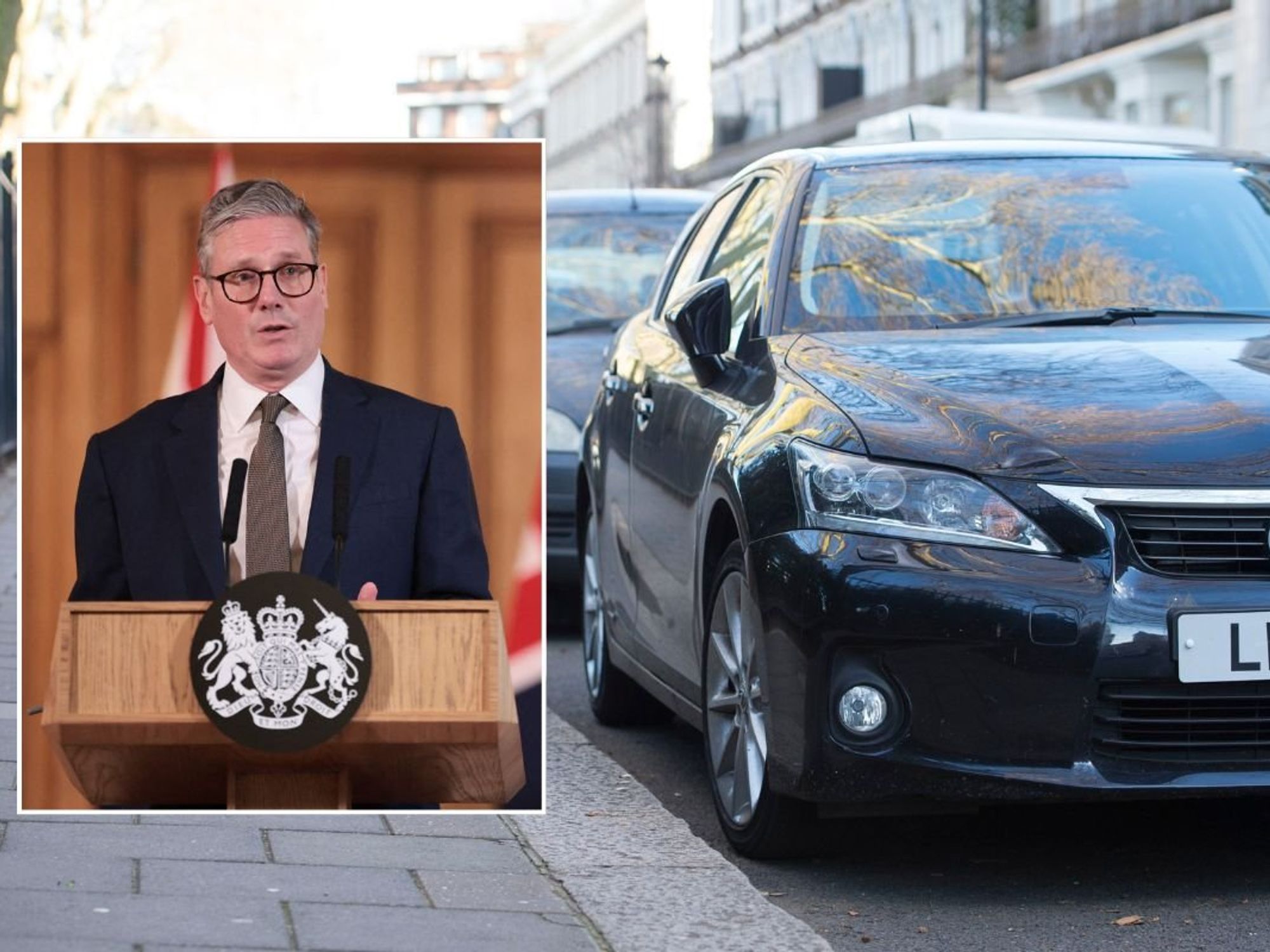Labour urged to implement wealth tax to pay for huge public sector costs
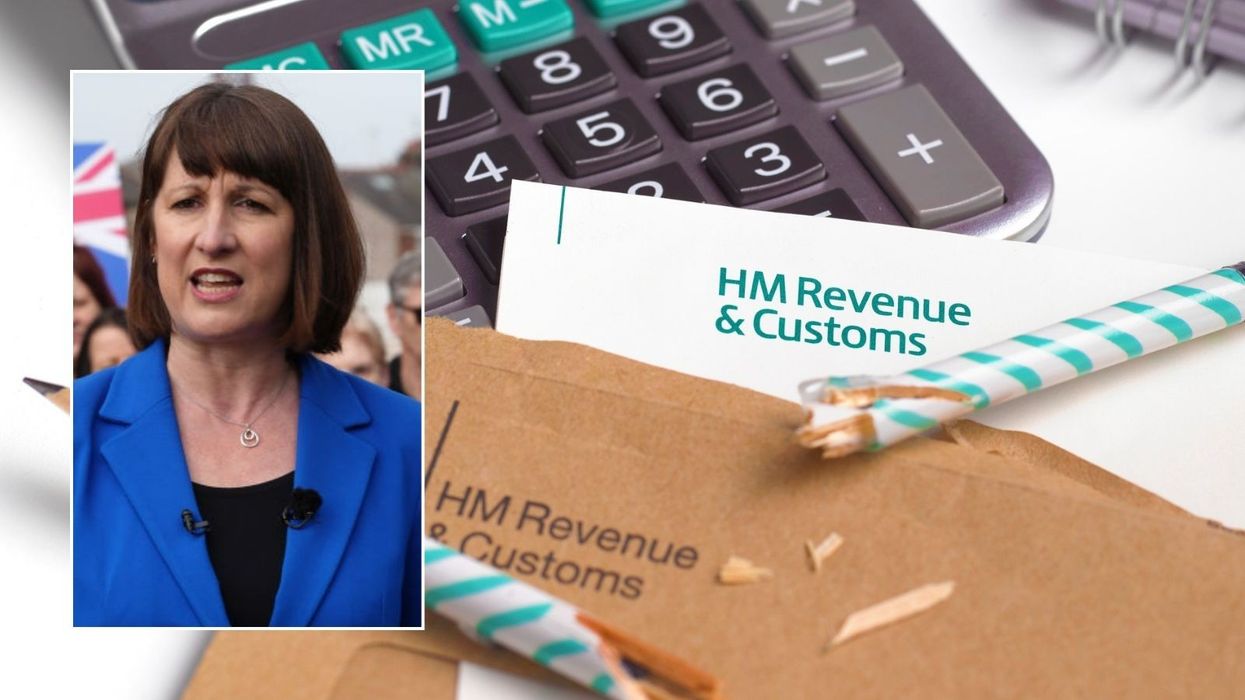
Pubic sector workers could see a pay rise of 10 per cent if the secret wealth tax is agreed
| GETTY
Public sector workers could see a pay rise of 10 per cent if the wealth tax is agreed
Don't Miss
Most Read
Latest
Labour’s biggest union backer is demanding that the Government make changes to raise billions for public services ahead of the upcoming Budget.
Unite has put forward a motion at the Trades Union Congress to urge Rachel Reeves to implement a wealth tax on the richest one per cent to give public sector workers a pay rise.
The motion from Unite, who donated almost £2 million in the year up to the election to Labour, says such tax would raise £25 billion a year and could be used “to give public sector workers a 10 per cent pay rise”.
The Accord union, which represents workers in banks and the financial services sector, has called on Reeves to bring capital gains tax in line with income tax.
It also urged her to close inheritance tax loopholes and extend National Insurance.
Another group of unions has called for a widespread programme of nationalisation.
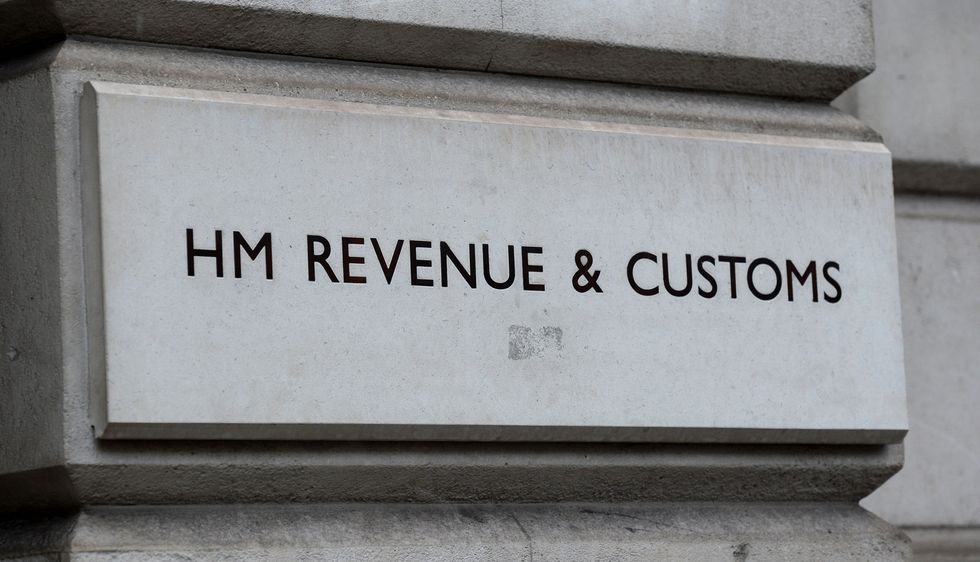
Reeves could claw back money by closing inheritance tax loopholes
| PA MediaUnison, PCS, RMT and Aslef urged the Chancellor to bring about the public ownership of energy, water, transport, mail, broadband, education, health and social care.
Usdaw, the shop workers' union, called on her to abolish the two-child benefit cap. The motions will be debated at the TUC next month.
On Thursday, Kwasi Kwarteng, the former Tory chancellor, predicted that Labour would bring in a wealth tax by the next election to pay for public sector wage increases.
He told GB News: "I think there'll be more and higher wage settlements, which will be paid for by higher taxes, and that's what the Treasury are clearly spinning and suggesting what's going to happen.
"And my question is, what taxes are they going to put up? They will probably try and tax the rich. So I strongly suspect that before the end of the Parliament we'll have some form of mansion tax, a wealth tax."
Reeves is planning to raise taxes, cut spending and get tough on benefits in October’s budget amid Treasury alarm that the pickup in the economy has failed to improve the poor state of the public finances.
The chancellor is insisting she will still have a substantial black hole to fill despite stronger than expected growth in the first half of 2024
Last month, she told MPs it was time to "level with the public" about the difficult decisions that may be needed, including spending cuts.
Strong spending on public services and welfare pushed government borrowing to £3.1billion last month, more than double its level in the same month a year earlier and worse than experts had expected, according to figures released from the Office for National Statistics.
The deficit was the highest for a July in three years and £3billion higher than expected by the government’s spending watchdog, the Office for Budget Responsibility.
She announced last month that she was scrapping Winter Fuel Payments for most pensioners, putting a pause on plans for social care reform and stopping road, rail and hospital investment as the first stage of a plan to reduce borrowing.
She could also try to build up the economy by closing inheritance tax loopholes and aligning capital gains tax rates with those of income tax.
LATEST DEVELOPMENTS:
The demand for a wealth tax on the richest one per cent has received the backing of Jeremy Corbyn, the former Labour leader, who is now an independent MP.
On Thursday, he wrote on X, formerly Twitter: "Austerity has decimated our communities and pushed millions of people into poverty. It would be a catastrophic mistake to repeat this failed economic experiment.""Stop cutting our services and tax the rich instead."





